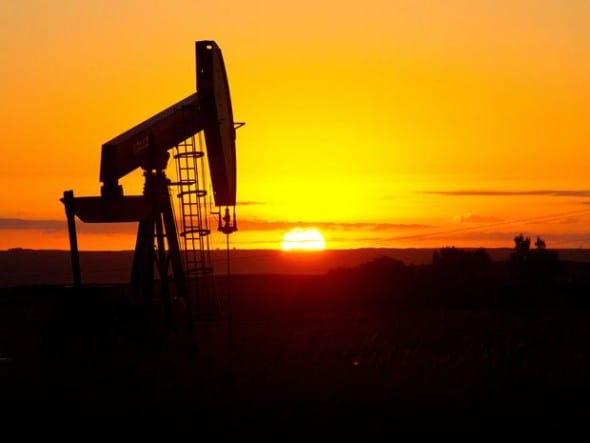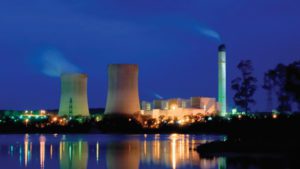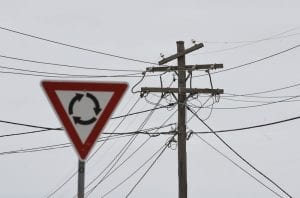
Here we are, days out from a federal election, and we don’t know who’s funding our major political parties’ campaigns.
And we won’t know until February 2017 – eight months into a new government. That is because our political disclosure laws are shockingly inadequate and in urgent need of an overhaul.
Political parties propose to represent the broad interests of their electorates and constituencies, acting in the best interests of the people they represent. Donating often large amounts of money to political parties puts some interests ahead of others, and the fossil fuel industry knows how to play this game.
Market Forces has attempted to compile a list of donations made by fossil fuel companies to major Australian political parties in 2014-15.
Whilst the scale of the donations is undoubtedly impressive, coming to a precise number is surprisingly tricky.
In total, fossil fuel companies and their peak bodies donated somewhere between $751,091 and $833,011 in 2014-15, depending on whether you believe the donor or party disclosures, to the ALP, Liberal and National parties.
The figures the parties say they receive in their coffers are almost universally different from the number companies record as political donations.
Of all the donations we could compile, only one managed to square between what the donor and the party reported – that was the $22,000 given by Hancock Coal to the ALP. Other donations were close – kind of – but the gulf is staggering.
For example, Woodside tipped a generous $250,000 into the hats of the major parties in 2014-15. According to the company, $18,000 went to the Nationals. But according to the Nationals accounts, not a brass farthing was forthcoming in donations from Woodside.
Santos meanwhile, says it donated twice as much to the Liberals as the party has recorded receiving.
It goes on. And this doesn’t even include the donations from associated entities – all parties have them – which famously mask donations as memberships or fees for attending events.
Testament to the opaque nature of the system, AGL Energy has gone as far as pledging to end its political donations in 2016 to avoid accusations of buying undue influence.
Though the more cynical out there may point to the court judgement from earlier this year that found the energy giant guilty of no less than 11 counts of breaking political disclosure laws.
A ruling which perhaps acted as a spur to Woodside Chairman, Michael Cheney, who said at this year’s AGM that he didn’t expect Woodside to be donating to any major party ahead of the election.
But of course we have absolutely no way of verifying, because we won’t know who donated what until the AEC releases its annual data dump in February, thus avoiding any potentially awkward scrutiny during a sensitive election period.
So what explains the discrepancies?
It may be a different interpretation of what constitutes a donation between donor and recipient. It may be that parties have different processes for accounting for donations. Or it could be just downright incompetence. We simply don’t know. What is clear is that the registry of political donations and transparency are a dog’s breakfast.
The details are supposed to be collated and published by the Australian Electoral Commission (AEC). Its response to queries over the quality of their data has seemingly been that getting the right tally is in the too hard basket.
But you could drive a mining truck through the loopholes in the disclosure process and the current slapdash approach is just not good enough.
As the old adage goes, he who pays the piper calls the tune, so accurate and timely information about which corporate dollars fund Australian political campaigns is fundamental to our democratic process.
In the digital age, clear guidelines about what constitutes a donation and real time information should be a given. Why can we receive a traffic infringement the day after it happened, but not be made aware of a coal company donating to one side of politics as it happens?
This is especially the case for the fossil fuel industry that, after decades of dominance is not going to want to stand aside and will do everything possible to maintain their status, no matter the consequences.
We’re confused, and we’re frustrated. But maybe that’s the idea.
Daniel Gocher is Head of Research at Market Forces.








